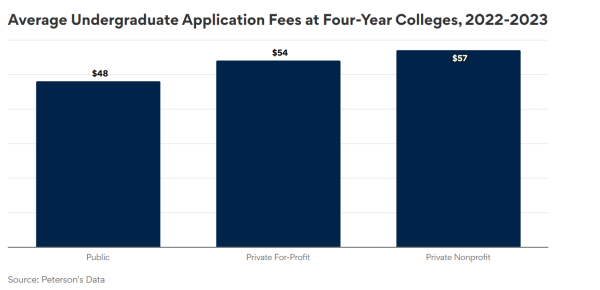Taylor Swift criticizes Netflix sitcom; Spears documentary exposes sexism in music industry
Photo by dollyyblush! ♥ used with permission from Google Commons
Britney Spears with ex-boyfriend Justin Timberlake at the ‘Crossroads’ premiere.
Discrimination against women has always existed in our society, and it is no secret that the music industry is a major contributor to this issue. Two female artists, Taylor Swift and Britney Spears, are at the forefront of bringing attention to the underlying misogyny prevalent throughout their professional careers in the music industry.
Swift is no stranger to sexist comments and misogyny. Since the start of her career in 2006, Swift has struggled to receive recognition for her accomplishments. During the 2009 MTV Video Music Awards, rapper Kanye West interrupted her award speech to argue that the award should have gone to Beyonce. Later on, West would declare that he was responsible for her fame. Although West’s statements are false, many women have the same struggle of not being credited for their fame. “You will notice of the big successful female artists, there is always a ‘man behind the woman’ piece. If it’s Beyonce, it’s Jay Z. If it’s Adele, it’s Paul Epworth,” singer-songwriter Lily Allen said in an interview with BBC.
As she got older, Swift began to observe how women in the industry were treated differently than men. Recently, Swift has criticized Netflix for a “deeply sexist” joke in its sitcom ‘Ginny and Georgia’. In the show, main character Ginny tells her mother, “You go through men faster than Taylor Swift.” This quote refers to Swift’s past relationships, which have been inspiration for many of her songs. “There are so many people out there that when they hear the name Taylor Swift, they think about all her past relationships. It’s even worse that these people find it not only OK, but a good idea to joke about,” sophomore Dhanya Philipose said.
The New York Times documentary ‘Framing Britney Spears’ discusses Spears rise to fame as a young artist, exposing the negative effect fame can have on celebrities, especially women. Audio clips, interviews and footage reveal the treatment of Spears by the media that was not previously identified as wrong.
Since the documentary aired, Spears’ ex-boyfriend, Justin Timberlake, has apologized due to the backlash he received surrounding the way he treated their breakup. Timberlake accused Spears of cheating on him, hiring a look-alike actress in his music video for “Cry Me a River”. Timberlake also made comments about his and Spears private life during a radio interview, which Britney had not disclosed to the public herself. Britney took most of the negative criticism surrounding their breakup, while Timberlake’s reputation soared. “I just think that when women and men do the same things, they get praised or criticized differently. If a man makes a bold move he’s gutsy, but if a woman makes the same move she’s seen as calculating or an attention seeker,” sophomore Gabby Wright said.
Timberlake also apologized to Janet Jackson, who had a wardrobe malfunction caused by Timberlake during their 2004 Super Bowl performance. Although Timberlake was the one who ripped Jackson’s costume, he received almost no negative publicity. While Jackson was fined and blacklisted by TV networks, Timberlake did little to show his public support for her. “Women are constantly held to a higher standard in the music industry for absolutely no reason,” sophomore Reign Nzang said.
Timberlake was not the only person to receive backlash from the documentary. Fans have demanded apologies from ABC anchor Diane Sawyer, gossip blogger Perez Hilton and NBC host Jay Leno. In 2003, Sawyer delivered a scathing interview, in which she discussed Spears’ breakup, Spears’ private life and how her “oversexualized” photoshoots made her a bad example for children. At one point, Sawyer tells Spears, “You did something that caused him [Timberlake] so much pain, so much suffering,” prompting Spears to cry.
The above mentioned experiences of female artists help to illustrate the much bigger problem of misogyny in our society. Women should be treated with the same respect as men, no matter the circumstance.
Your donation will support the student journalists of Thomas S. Wootton High School. Your contribution will allow us to purchase equipment and cover our annual website hosting costs.
Sarah is a 2023 graduate.








Anonymous • Aug 27, 2021 at 9:15 PM
YEAH YOU GO GURL